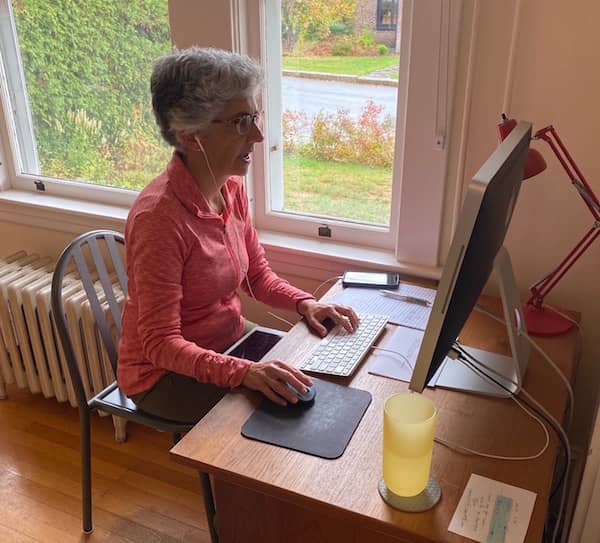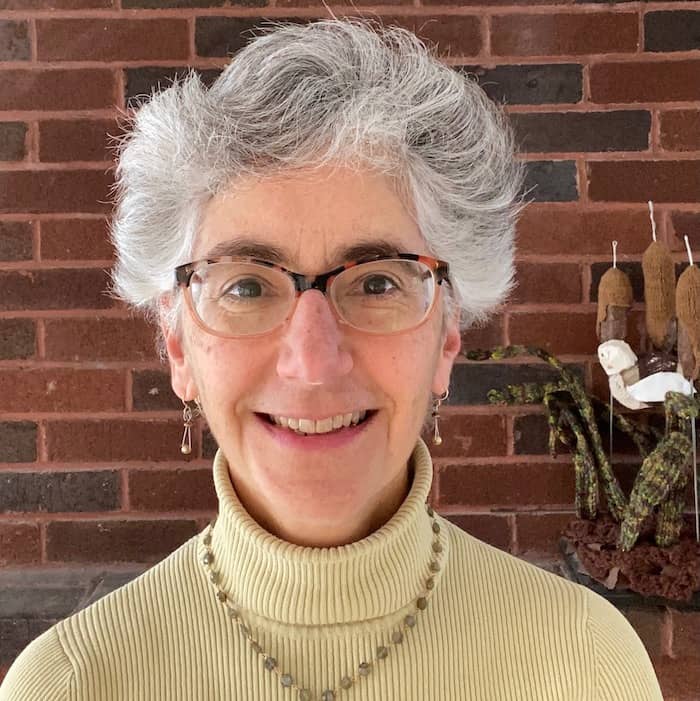Have you heard about the Supreme Court’s decision in Brnovich v. Democratic National Committee? Everyone who follows voting issues is talking about it. The decision is momentous. In a sad way. The power it gives to state legislatures to suppress voting is virtually unchecked.
If you hadn’t picked up on the significance of the decision, I don’t blame you. It was released just as the Independence Day holiday weekend was beginning. And it’s couched in language that belies its impact.
Why is the Brnovich decision important?
The Supreme Court’s decision, written by Justice Samuel Alito, destroys what remained of the Voting Right Act. It interprets the statute totally opposite to what Congress intended. Justice Alito invents a test that is so weak every discriminatory state law can sail through it on an unsupported innuendo of voter fraud.
For a succinct explanation of the decision, read election law professor Richard Hasen’s piece in the New York Times.
Slate columnist Mark Joseph Stern elaborates on the significance of the Court’s rationale in this trenchant analysis.
The case was brought under Section 2 of the Voting Rights Act, which was written specifically to eradicate racial discrimination in voting. The plaintiffs challenged Arizona rules that made it harder for minorities, especially Native Americans, to vote and have their votes counted.
One rule makes it a crime for a non-family member to deliver someone’s ballot to a mailbox or voting location. While this rule may seem neutral on its face, its impact falls heavily on minority groups. Native Americans on reservations live great distances from post offices or polling places. They often lack transportation.
The other rule discards ballots that are cast in the wrong precinct, changing a long-standing practice of counting them for races that the voter was eligible to vote in. Arizona had a history of discriminating against racial minorities. One common tactic has been to change the location of polling places in minority districts to confuse people as to where to vote.
What’s so alarming is that Justice Alito defends his decision by saying that these rules only affect a small group; that is, it affects a minority of voters. This turns the Voting Rights Act on its head. It was intended to protect people at the margins!
Justice Elena Kagan’s dissent sets out the history of the Act and all the ways Justice Alito’s opinion departs from its text.
Find her dissent to the decision starting on page 45.
The most disturbing thing about the Court’s opinion is that it gives state legislatures carte blanche to enact more voting restrictions. It permits legislatures to enact laws based on suspicions of voter fraud. Suspicions. No proof needed. It says that the most fundamental American right – the right to vote – can be curtailed and diminished based on disinformation.
What you can do about it
I don’t like to be alarmist, but our democratic electoral system is in serious jeopardy. We have to do more than correct misinformation.
Washington Post columnist Paul Waldman weighed several courses of action in a recent column. All have hurdles to overcome. After evaluating the options, he concludes that the most powerful is citizen action: organizing to elect Democratic candidates to state legislatures and Congress. The 2022 midterm elections are key.
You’ve never volunteered in an electoral campaign before, you say?
This is an excellent time to start — with smaller scale state-based elections. You can learn how when the pressure is less intense. There are many ways to help out, no matter where you live, no matter how much of an introvert you are.
The easiest way to start is to volunteer with a voting rights group that educates people about how they can vote and encourages inconsistent voters to cast their ballots. Many people find this type of volunteering easier than working for a particular candidate.
There is work to do all year round. There is always a voter registration drive, special election, primary, or state election somewhere in the country. With today’s technology, you can volunteer from home, at no cost except your time.
Here are three organizations doing work right now:
Swing Left https://swingleft.org/
Reclaim Our Vote https://reclaim-our-vote.webflow.io/
And my hometown favorite, Lean Left Vermont. https://leanleftvt.org/
Don’t be fooled by its name. Lean Left Vermont does work all around the country. Its website is packed with tips and training: from reaching out to voters through text messages to phone banking to financial giving. LeanLeft Vermont connects volunteers with other voting rights groups around the country. Take a look at their state action page to see who they are partnering with now.
You’ll be glad you did.


